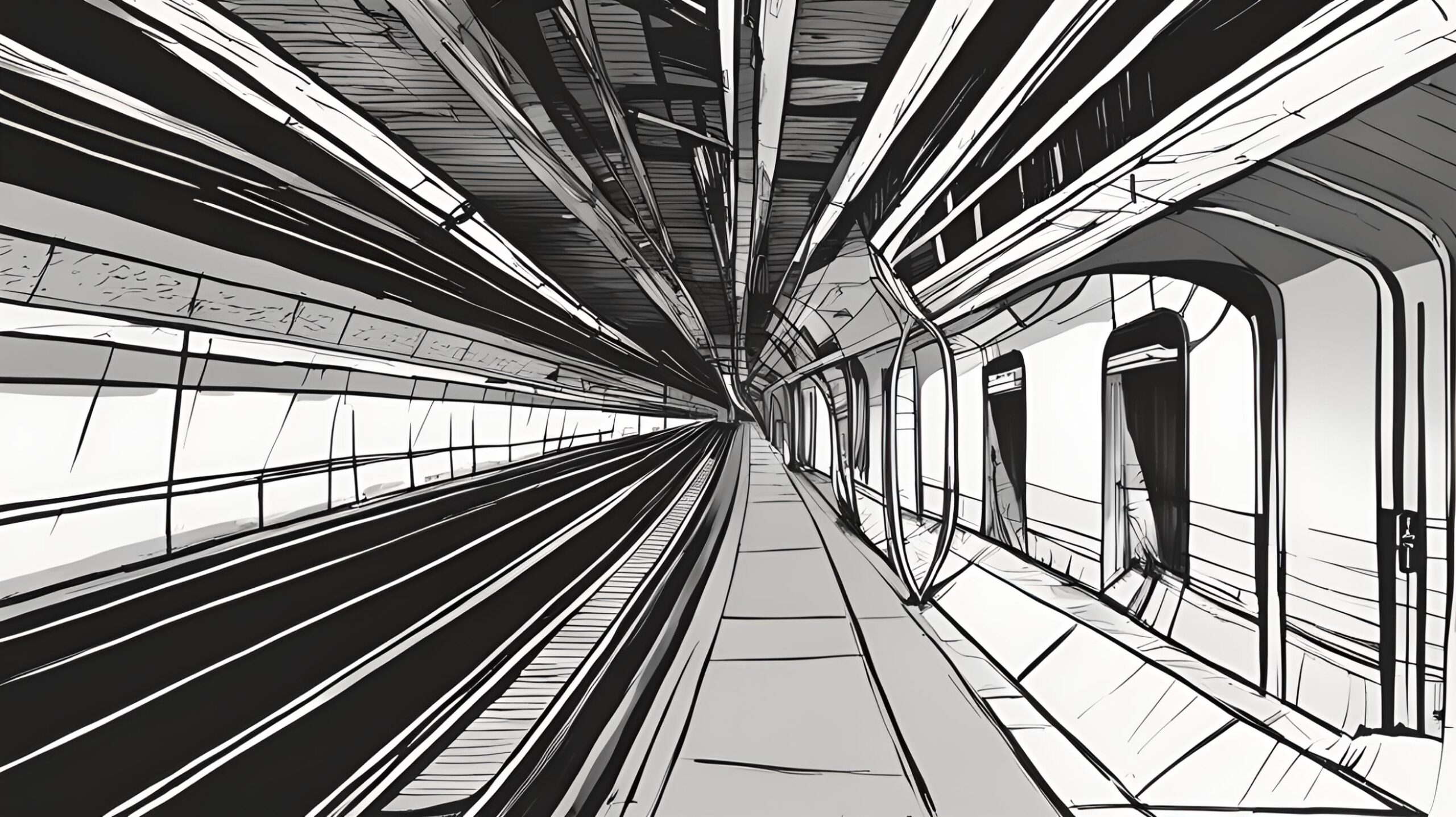Flashback to December 21
American History

On October 14, 1949, a pivotal event in the history of the United States saw the conviction of eleven leaders of the US Communist Party. The proceedings held these eleven individuals culpable for conspiring to pedal a violent overthrow of the US government. The saga unfolded over a tense nine-month trial period that gripped the nation and marked a significant juncture in the journey of American communism.
The US Communist Party had a substantial following post WWI. However, the Cold War intensified existing antipathy towards communism in America. This trial was a stark manifestation of the American government’s commitment to thwarting the spread of communism within its borders. The trial, later referred to as the “Smith Act Trials,” lasted for nine grueling months.
The Smith Act, formerly known as the Alien Registration Act of 1940, became the main weapon for the US authorities in their crusade against domestic communism. It made advocating the violent overthrow of the government a federal crime. The eleven leaders of the US Communist Party were indicted under this act for their alleged aggressive advocacy of this violation. The group included prominent figures from the party, such as the party chairman, William Z. Foster, and the party secretary, Eugene Dennis, amongst others.
Their conviction marked a significant shift in the climate of America’s political landscape. It reflected the nationwide fear and paranoia inspired by the ‘Red Scare’, the term used to describe the fear of communism in the USA during the Cold War. It shaped the political discourse of the era and paved the way for notable subsequent events such as the infamous McCarthyism.
During the trial, the prosecution’s primary argument centered on the idea that the defendants had actively propagated the Communist doctrine, which inherently advocates for the violent overthrow of existing government structures. This stance underscored the government’s interpretation of the Smith Act.
On the other side of the courtroom stood the defense team, vigorously arguing that all the activities of the US Communist Party leaders were merely expressions of political beliefs. They argued that these expressions were protected under the First Amendment rights to freedom of speech and assembly.
This iconic courtroom battle was a showcase of American democracy and constitutional values at crossroads. But on October 14, 1949, after a nine-month trial and a protracted jury deliberation, all eleven leaders of the US Communist Party were found guilty. They were sentenced to varied prison terms and fined, signaling an emphatic victory for the US government in their counter-communist endeavors.
The conviction of the eleven US Communist Party leaders became a seminal event in the history of the American Communist movement. It resulted in a marked decline in the influence and public acceptance of the party. This event’s broader societal implications underlined America’s staunch resistance against ideologies that appeared threatening to its own.
The trial was a vivid demonstration of the government’s stance against communism and its commitment to preserving American democratic ideals and national security. It enforced the rule of law and served as a deterrent to the growth of any movement that sought to undermine the American government.
In ci feature explores the events of the nine-month trial and its ramifications. While the conviction of the eleven US Communist Party leaders can be seen as an effort to preserve democracy, it also raised important questions relating to freedom of speech and political persecution in the context of national security.
As we delve deeper into the history of American communism and this critical event that marked a turning point, it’s essential to reflect on the dynamics between freedom of speech, national security, and political ideology. The conviction of the eleven leaders on October 14, 1949, remains a poignant reminder of the complex and often precarious balance between national security needs and the preservation of constitutional rights in a democratic society.
We strive for accuracy. If you see something that doesn't look right, click here to contact us!
Sponsored Content

Broadway Tunnel opens in…
Experience history as we…

In Santa Barbara Channel,…
Experience the awe-inspiring power…

George S. Patton, US…
"Remembering the tragic loss…

General Sherman conquers Savannah.
Experience the significant historical…

